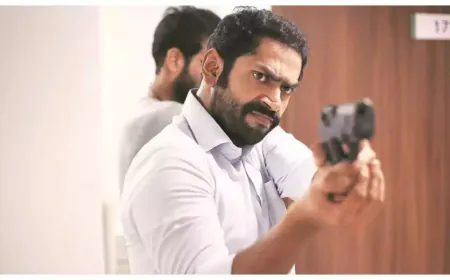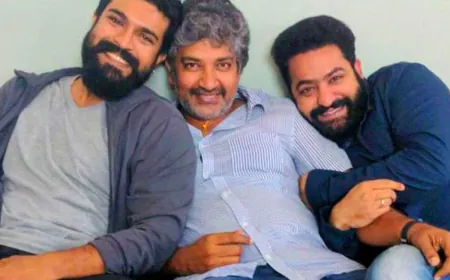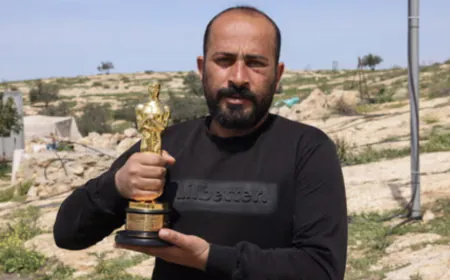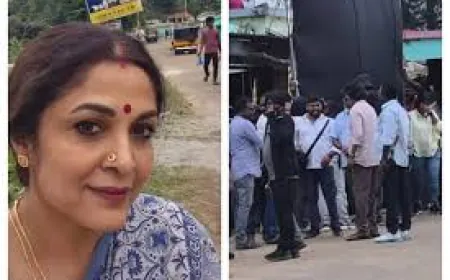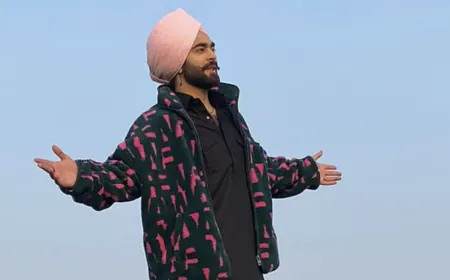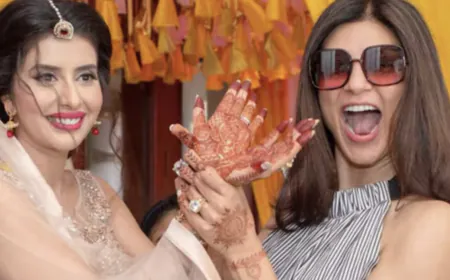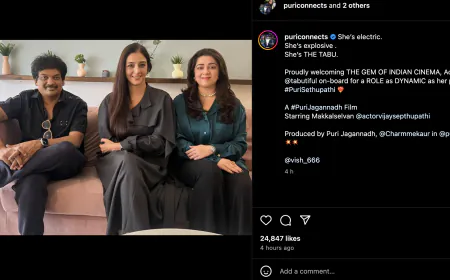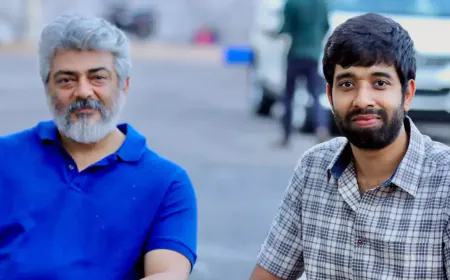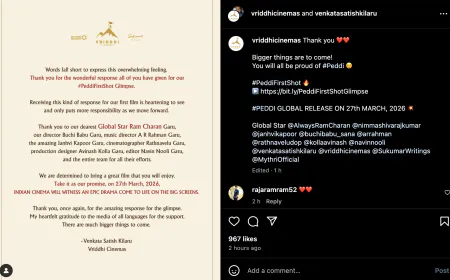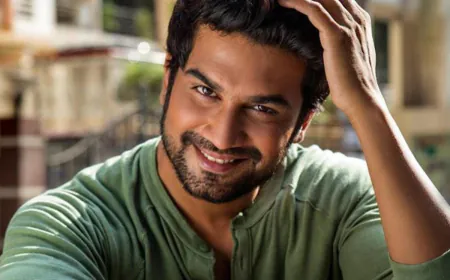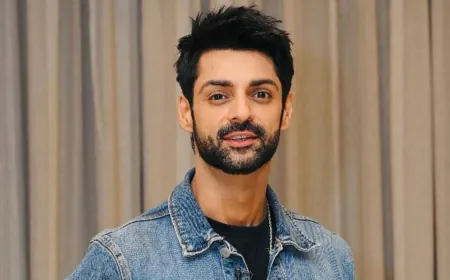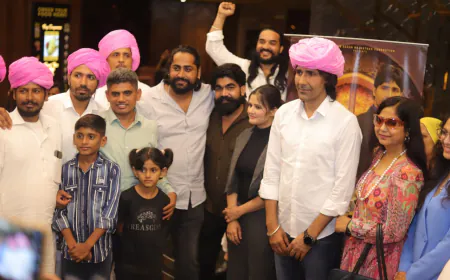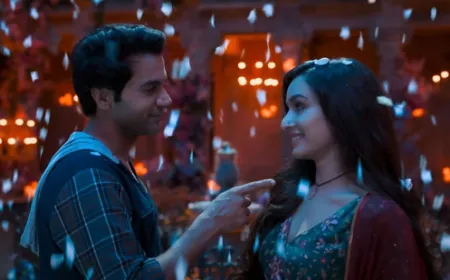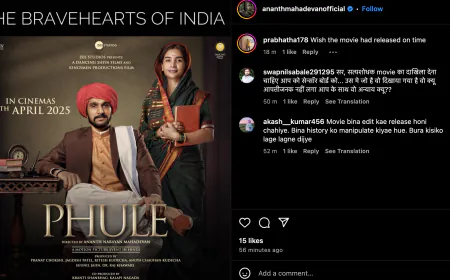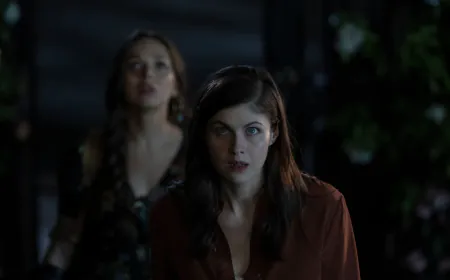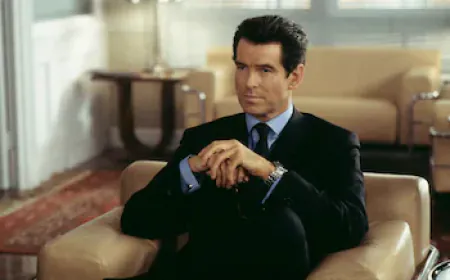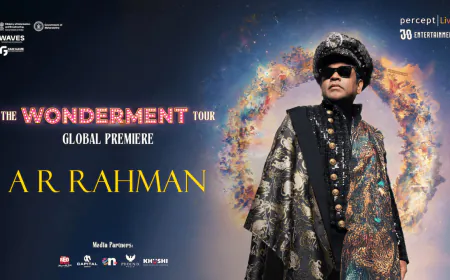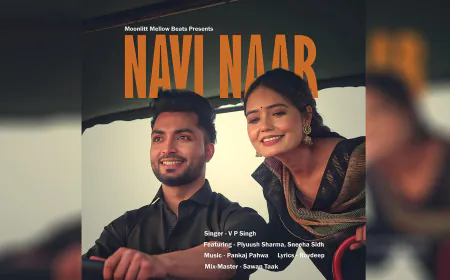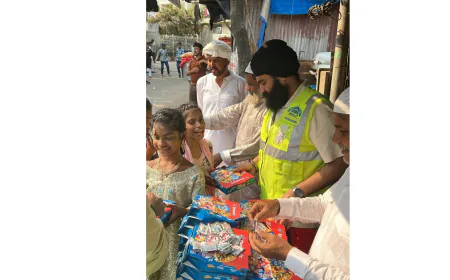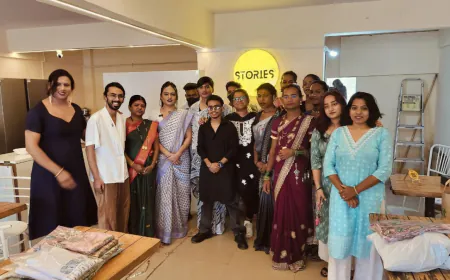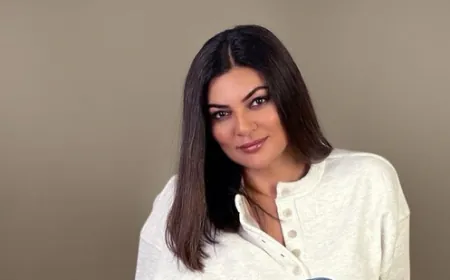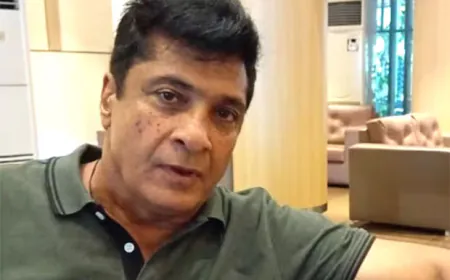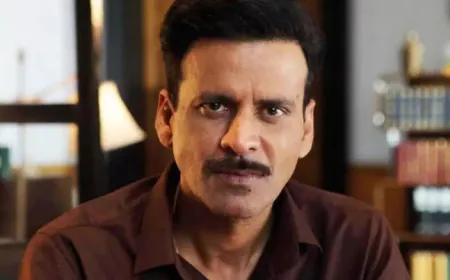Sherleen Dutt: Janmashtami has always been a day filled with excitement and joy
Actress Sherleen Dutt who is part of the web series ''Koi Jaye Toh Le Aaye'' on Atrangii, says that Janmashtami is one of her favourite festivals. The actress adds that she has some amazing memories of the same.

“As a child, Janmashtami was a day filled with excitement and joy. I fondly remember waking up early to help my family prepare for the celebrations. We would decorate the puja room with flowers, colourful rangolis, and little idols of Lord Krishna. One of the most enjoyable parts was dressing up in traditional attire—sometimes as Radha or even as little Krishna, complete with a peacock feather crown and a flute. The entire neighbourhood would come alive with the sounds of bhajans and the sight of children dressed as divine characters,” she says.
She adds, “We also participated in the Dahi Handi event, where a pot filled with curd was hung high, and kids like us would form human pyramids to break it. It was a thrilling and challenging experience, but the sense of accomplishment and the cheers from everyone made it unforgettable. The day would end with a special feast prepared by my mother, which included all of Krishna's favourite dishes, like butter, sweets, and kheer.As I've grown older, the way I celebrate Janmashtami has evolved.”
Talking about how she celebrates today, she says, “While the festivities are not as elaborate as they were in my childhood, the day remains special. I still decorate the puja room, but the celebrations are more intimate now, often just with close family or even on my own. I spend time in prayer and reflection, focusing on the teachings of Lord Krishna and their relevance in my life today. It's a day to pause and reconnect with my spiritual side, amidst the hustle and bustle of everyday life.”
Ask her if she feels that these festivals are losing relevance in the busy world that we live in, and she says, “In some ways, yes, the grand, communal aspect of festivals like Janmashtami may seem to be fading in our fast-paced world. With busy schedules and the demands of modern life, many people may find it challenging to celebrate with the same enthusiasm and community spirit as before. However, I believe these festivals still hold immense relevance. They offer us a chance to pause, reflect, and reconnect with our cultural roots. Even if the celebrations have become quieter and more personal, the essence of the festival—the values and teachings it represents—continues to resonate. In fact, in our increasingly hectic lives, these festivals might be more important than ever, serving as reminders to slow down and focus on what truly matters.”







